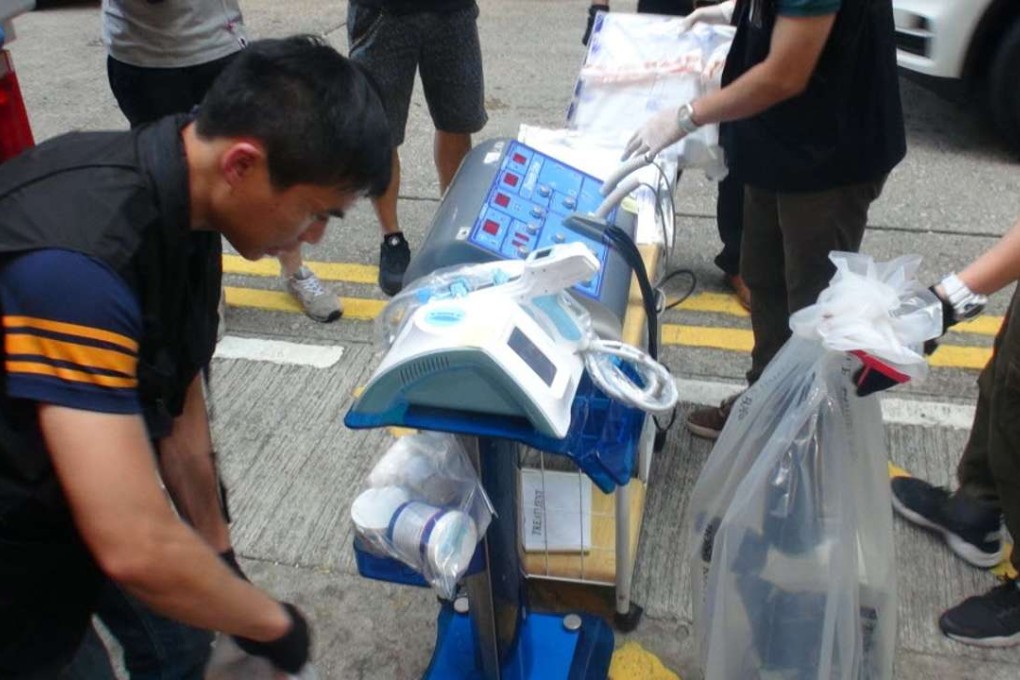Get accredited! Hong Kong to unveil voluntary scheme for health professionals after police crackdown on beauty salon
But critics argue loophole remains without a regulatory board

In an attempt to protect the Hong Kong public from dubious “therapists” who provide unregulated or substandard services, the government plans to introduce a new voluntary scheme to accredit 15 types of allied health professionals, such as dietitians and clinical psychologists.
But the new voluntary scheme will not close a loophole that allows any individual to claim to be a health professional, such as a “music therapist” or a “nature therapist”.
Concerns about allied health services, which are not regulated like the medical and pharmaceutical professions, are in the spotlight after a recent police crackdown on a beauty salon in Causeway Bay.
They arrested 11 women accused of claiming to be “therapists” and cheating HK$5 million out of seven cancer patients who received oxygen and magnetic “therapy”. Two of them died.
Tim Pang Hung-cheong, spokesman for the Patients’ Rights Association, said the loophole remained unplugged under the latest proposal to assign a body to regulate such therapists through a registration system.
“Instead of a voluntary scheme, the government should set up a board to supervise these professions,” Pang said. “They should be regulated under a system similar to the one for doctors and nurses.”